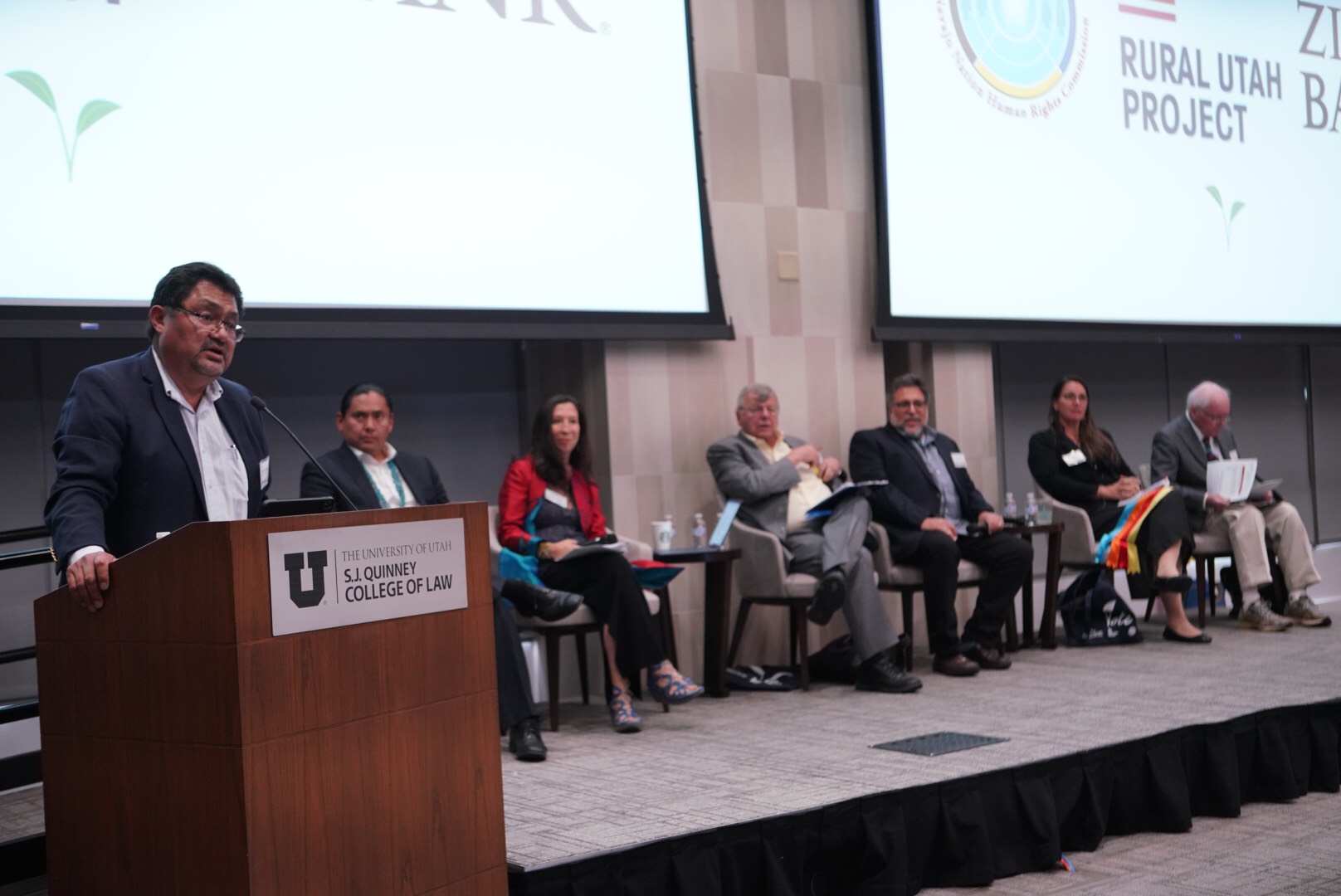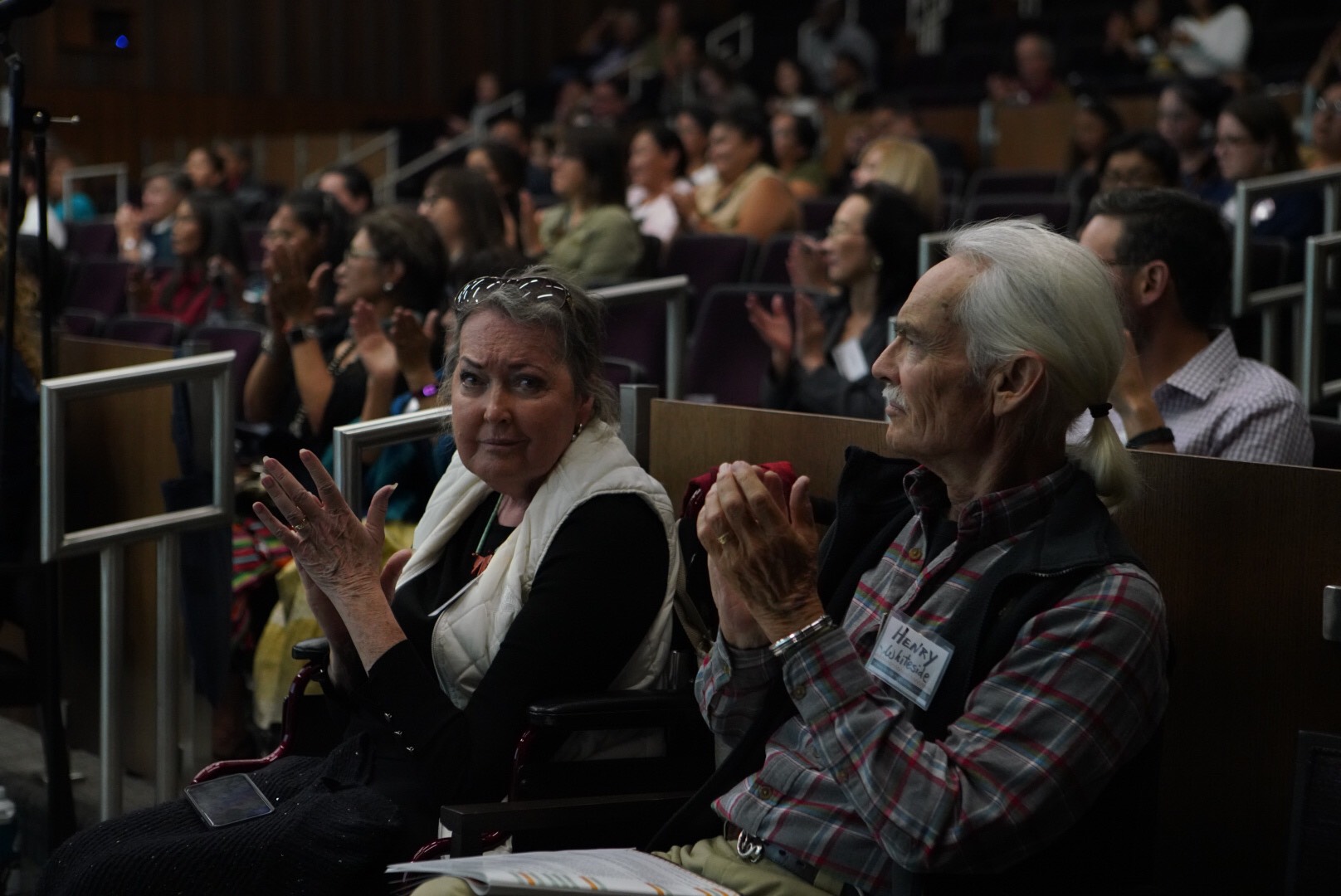
The Rural Utah Project and the Navajo Nation Human Rights Commission collaborated to put on The First Nations Voting Rights Conference — a three day voting rights conference for indigenous people. The conference, happening in Salt Lake City on Sept. 25-27, focuses on the struggles Native Americans face when trying to exercise their voting rights.
“It’s really the first conference of its type in that regard,” Rural Utah Project executive director TJ Ellerbeck said. “There are going to be indigenous nations from all over the western U.S. who are attending.”
The three-day conference consists of panels and presentations featuring activists and experts in law, government proceedings and indigenous culture. Navajo Nation Human Rights Commission executive director Leonard Gorman said the objective of the conference is to instruct attendees how to better address voting rights.
“There’s a whole massive gap in communication that exists,” he said, adding that election officials seem to regard indigenous communities from a distance. “They need to put that 10-foot pole away and become more ingrained in those communities which really need their assistance.”
The lack of communication ties in closely with the access to voting processes such as registration, mail-in ballots and early voting, Gorman explained. As many Native Americans live in rural areas, they may not be able to access polling places or submit their mail-in ballots in time for the election.

The indigenous community also faces the issue of district boundaries. Tiffany Bah Charley, a Navajo Nation Human Rights Commission public information officer, said communities where Native Americans hold a majority have historically been broken up among districts, diluting the voting power of the community.
“What we want to do is make sure that every indigenous voter is counted in the areas where they want to represent themselves and have a voice in the whole process of redistricting,” she said.
Charley said Native Americans want the opportunity to elect officials they feel represent them and will address their needs. She said she hopes the Navajo Nation Human Rights Commission will continue to hold similar conferences in the future.
Gorman agreed, emphasizing the need for increased awareness of Native American issues.
“I think there is little to no attention employed to understand these communities,” he said. “The thought is, ‘They’re a disposable community that we don’t need to address.’ That needs to change.”
The voting conference will wrap up Friday afternoon.




